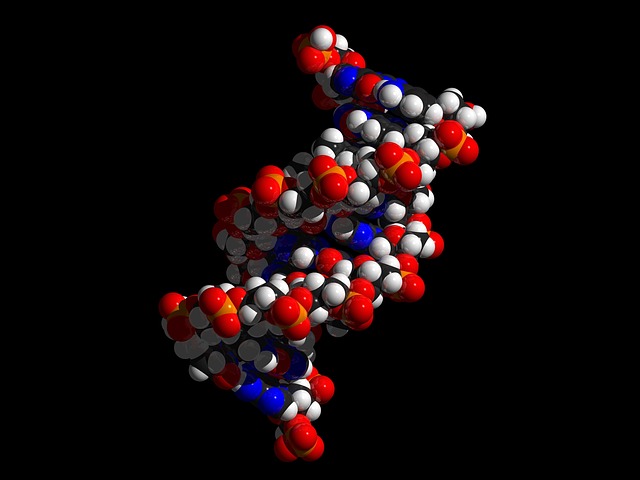
Google DeepMind has now made the AlphaFold 3 model available for open-source use within the academic community, providing access to the training weights for non-commercial purposes.
Pushmeet Kohli from Google DeepMind shared the news stating, “The AlphaFold 3 model code and weights are now available for academic use. We at Google DeepMind are excited to see how the research community continues to use AlphaFold to address open questions in biology and new lines of research.” This follows a commitment made six months prior to enhance the model’s accessibility to the scientific community.
Launched in May 2024, AlphaFold 3 marks a significant advancement in protein folding by offering 50% better accuracy in predicting the structure and interactions of biological molecules, including proteins, DNA, RNA, and ligands.
The initiative is closely tied to Isomorphic Labs, founded in 2021 by Google DeepMind CEO and Co-Founder Demis Hassabis, with the aim of revolutionizing drug discovery through AI. Hassabis envisions Isomorphic Labs becoming a multi-$100 billion business, emphasizing both commercial success and societal benefits. He has suggested that AI-designed drugs could be available within the next couple of years.
Isomorphic Labs is led by notable figures like Miles Congreve, the Chief Scientific Officer, who has been instrumental in developing 20 clinical-stage drugs and co-invented the breast cancer treatment Kisqali. The Chief Technology Officer, Sergei Yakneen, brings over two decades of experience in engineering, machine learning, and life sciences.
The company has formed strategic partnerships with leading pharmaceutical companies Eli Lilly & Co. and Novartis AG, with deals potentially worth close to $3 billion, underscoring the commercial potential of their technology.
In a groundbreaking effort, Google DeepMind, in partnership with Isomorphic Labs, has predicted over 200 million protein structures using AlphaFold. This was achieved by training the model with nearly 100,000 known proteins, aiming to tackle previously intractable biomedical challenges and accelerate drug discovery.
Beyond AlphaFold 3, Google DeepMind introduced AlphaProteo, an AI system that generates novel proteins for specific targets, further pushing the boundaries in drug design and health research.
The field of protein structure prediction is not monopolized by Google DeepMind. Other significant models include ESMFold by Meta, which has predicted around 772 million protein structures, alongside RoseTTAFold, OmegaFold, I-TASSER, and several others, each contributing to the advancement of understanding protein structures with potential applications in medicine and biotechnology.
- Bulenox: Get 45% to 91% OFF ... Use Discount Code: UNO
- Risk Our Money Not Yours | Get 50% to 90% OFF ... Use Discount Code: MMBVBKSM
Disclaimer: This page contains affiliate links. If you choose to make a purchase after clicking a link, we may receive a commission at no additional cost to you. Thank you for your support!




Leave a Reply